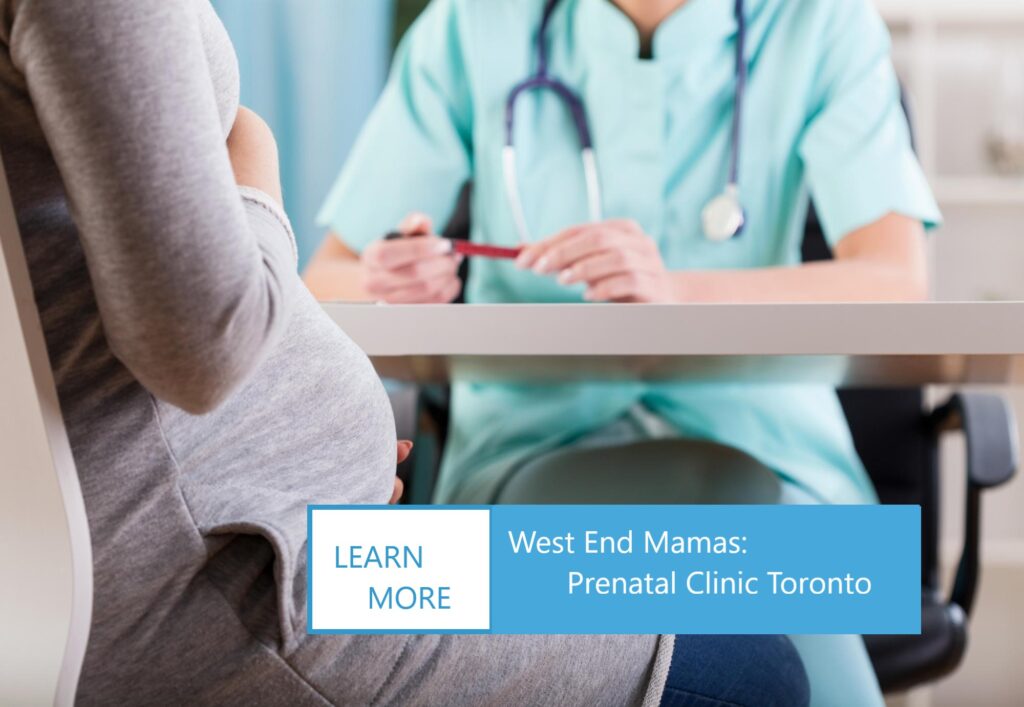Prenatal Vitamins: All You Need to Know About Vitamins
Prenatal vitamins are supplements that help women get the vitamins and minerals they need during pregnancy to promote optimal fetal development. This can include everything from folic acid, which may prevent birth defects such as neural tube defects, to calcium and magnesium, which may help prevent preterm labour, to vitamin D and iron, which can support fetal growth in the second and third trimesters of pregnancy respectively. A prenatal vitamin can be an important component of your prenatal care if you’re pregnant or trying to conceive. But it’s not always easy to know which one is right for you.
What Are Prenatal Vitamins?
Prenatal vitamins are a type of supplement that especially helps expecting or prenatal mothers to get the nutrients they need for a healthy pregnancy and birth. The most important nutrients for pregnant women are folic acid, iron, and calcium. A healthy and balanced diet based on meats and vegetables can help pregnant women get these nutrients from food but you can also get them from supplements.
Prenatal vitamin supplements can also help pregnant women who are not getting enough of these nutrients from their diet. Many prenatal vitamins contain higher doses of vitamin D, which is important for bone health.
Other ingredients in prenatal vitamins include potassium, zinc, vitamin A, vitamin C, and selenium. Usually, prenatal vitamins come in one pill per day or two pills per day depending on what type you take. It's very important to start taking prenatal vitamins even before becoming pregnant because it takes time for them to work effectively in your body. They should be taken daily throughout your entire pregnancy until you give birth.
Doctors often recommend that you take vitamin supplements even after you delivered your baby to ensure optimal vitamin levels and maintain a healthy diet.

Prenatal Vitamins Supplement Your Already Healthy & Balanced Diet
You're probably already eating a pretty healthy and balanced diet. But even if you are, you may not be getting all the nutrients you need from food alone.
A healthy diet should fulfill the daily calorie requirements and some extra calories to make sure you are always delivering nutrients to your unborn baby. You should also hydrate well, which can mean over 3 litres of water daily depending on your height and weight.
A balanced diet should include lots of vegetables, adequate amounts of meat and fish and course fruits of all kinds to ensure healthy vitamin and mineral absorption from food.
Some of the most common nutrients are iron, calcium, vitamin D, omega-3 fatty acids, zinc and folic acid. A study by the American College of Obstetricians and Gynecologists (ACOG), recommends that pregnant women take a daily multivitamin containing at least 400 micrograms (mcg) of folic acid up until 12 weeks gestation or up until they start taking an iron supplement
. Prenatal vitamins typically contain more than just these essential nutrients – some also have calcium and other important ingredients like magnesium or B12.
How Do I Choose Supplements?
With so many prenatal vitamins on the market, it can be hard to know which one is right for you. The best way to choose a supplement is to talk to your doctor or midwife about what your diet is lacking.
They can help you determine which vitamins and minerals you need to be taking. It's also important to make sure that the prenatal vitamin you're considering has the recommended daily allowance of iron in it (27 mg). While this may seem like a lot, most women don't get enough iron in their diets, especially during pregnancy.
Iron deficiency anemia is common during pregnancy and can lead to serious health problems for both mom and baby. Pregnant women should also take extra folic acid because folate deficiencies are linked with neural tube defects such as spina bifida.
Is it Safe to Take Supplements While Breastfeeding?
Yes, it is generally safe to take supplements while breastfeeding. However, you should always check with your doctor or midwife first.
Taking too many specific vitamins can be harmful to both you and your baby. The best way to make sure you're getting all the nutrients you need is to eat a healthy diet. That's because most prenatal supplements don't contain everything that's required for pregnancy and breastfeeding.
Vegetarians need to talk to their doctor or nutritionist about taking iron during pregnancy because meat is a rich source of iron. Iron deficiency anaemia in pregnant women may lead to low birth weight babies, delayed growth in infants, or premature delivery of babies.
Prenatal Vitamins – Over-the-Counter vs. Prescription
Prenatal vitamins are accessible without a doctor's prescription or over-the-counter. Some individuals choose to obtain their prenatal vitamins through a prescription since it enhances the possibility that the prenatal vitamins will be of excellent quality and, if you have special dietary needs, a vitamin can be prescribed specifically for you.
If you buy your prenatal vitamins over-the-counter, make sure to read the labels so you know how much of specific vitamins and minerals you're getting. Look for a prenatal vitamin that contains folic acid, iron, calcium, and Omega-3 fatty acids as a general guideline (specifically DHA). Vitamin C, vitamin D, vitamin E, and zinc are among the important minerals to check for. However, keep in mind that there is such a thing as having too much of anything.
Prenatal Vitamins Are Not Only For Pregnant Women.
Prenatal vitamins are not just for women who are already pregnant. They are also for women who may want to become pregnant. The best way to keep your baby healthy is to take a prenatal vitamin every day. As we explained before, this prevents congenital disabilities and ensures the baby has a complete nutrient supply throughout pregnancy and early childhood.
There are many different brands of prenatal vitamins, so talk to your doctor about which one is right for you. Be sure to take them as directed on the package, and do not stop taking them unless your doctor tells you to. Prenatal vitamins don't replace eating well or exercising, but they can be an important part of making sure that you have everything your baby needs while it's growing inside of you.
Recommended Prenatal and Postnatal Clinic:
2477 Bloor St W floor 2nd, Toronto, ON M6S 1P7, Canada
+1 416-960-5656
The post Prenatal Vitamins: All You Need to Know About Vitamins appeared first on https://soonrs.com
The post Prenatal Vitamins: All You Need to Know About Vitamins appeared first on https://wookicentral.com
The post Prenatal Vitamins: All You Need to Know About Vitamins appeared first on https://gqcentral.co.uk






Comments are closed